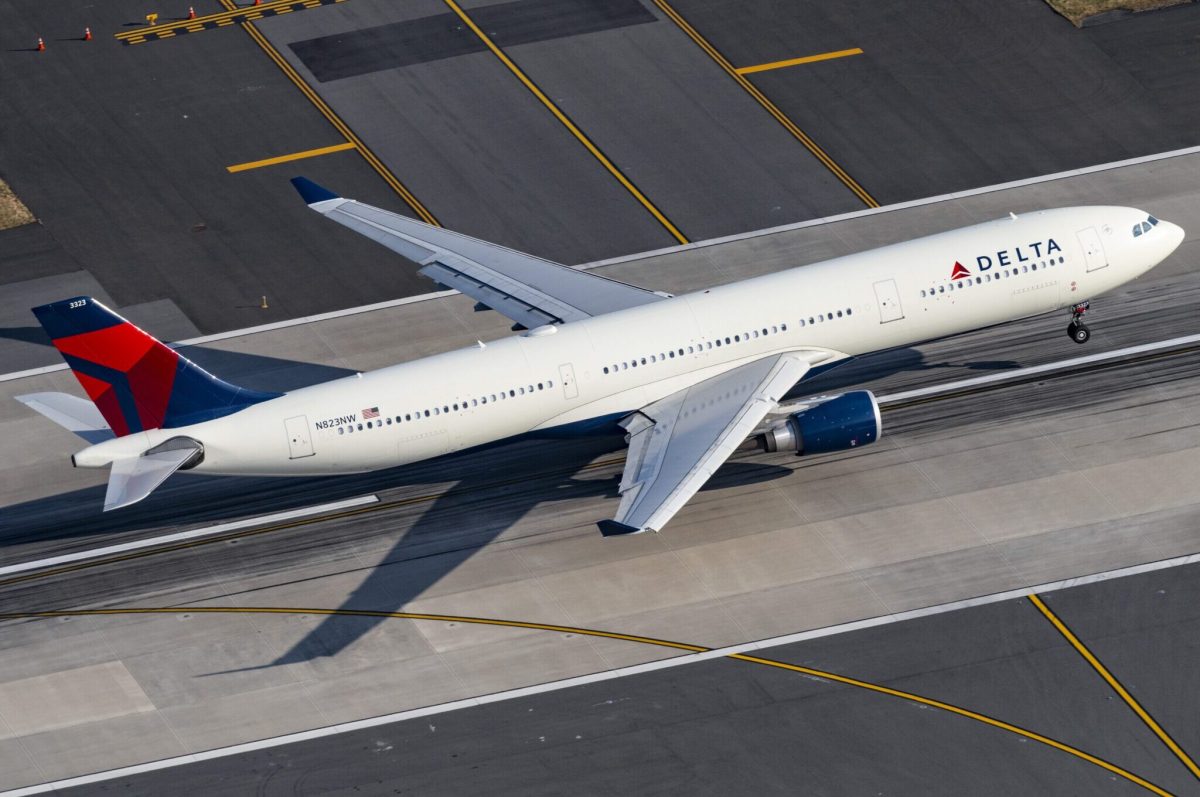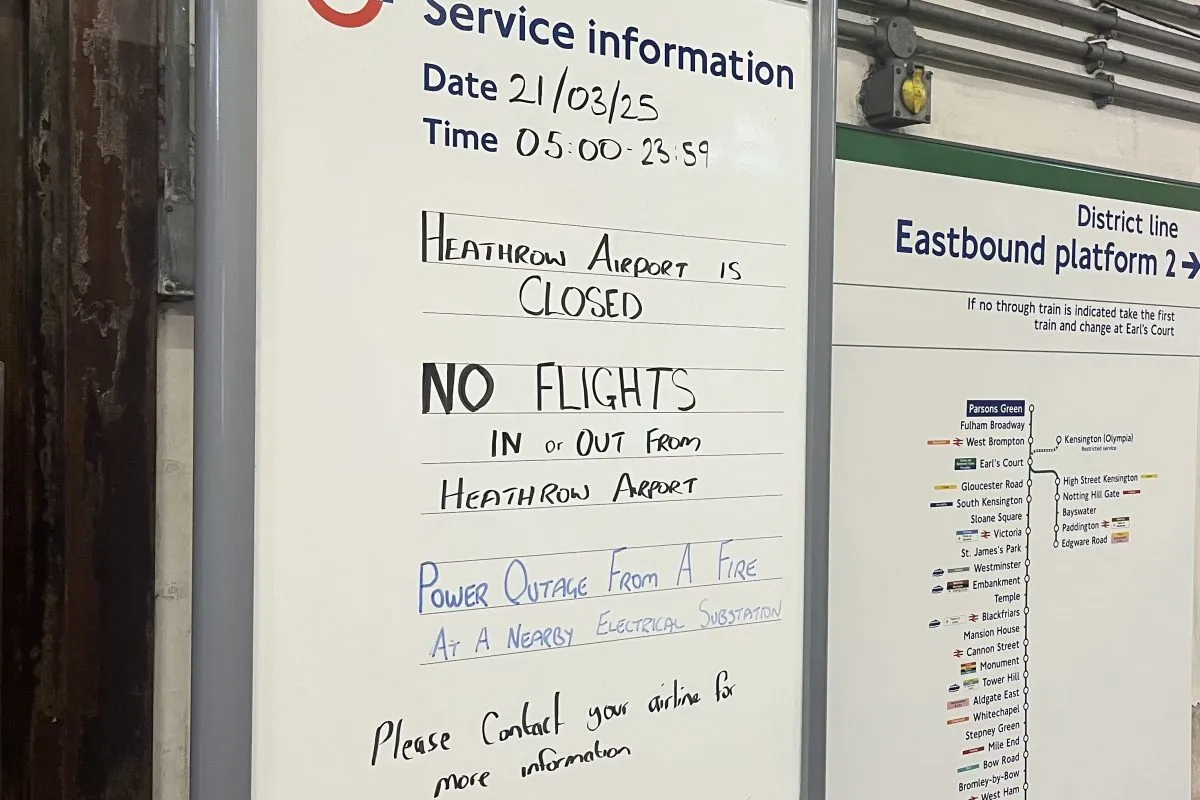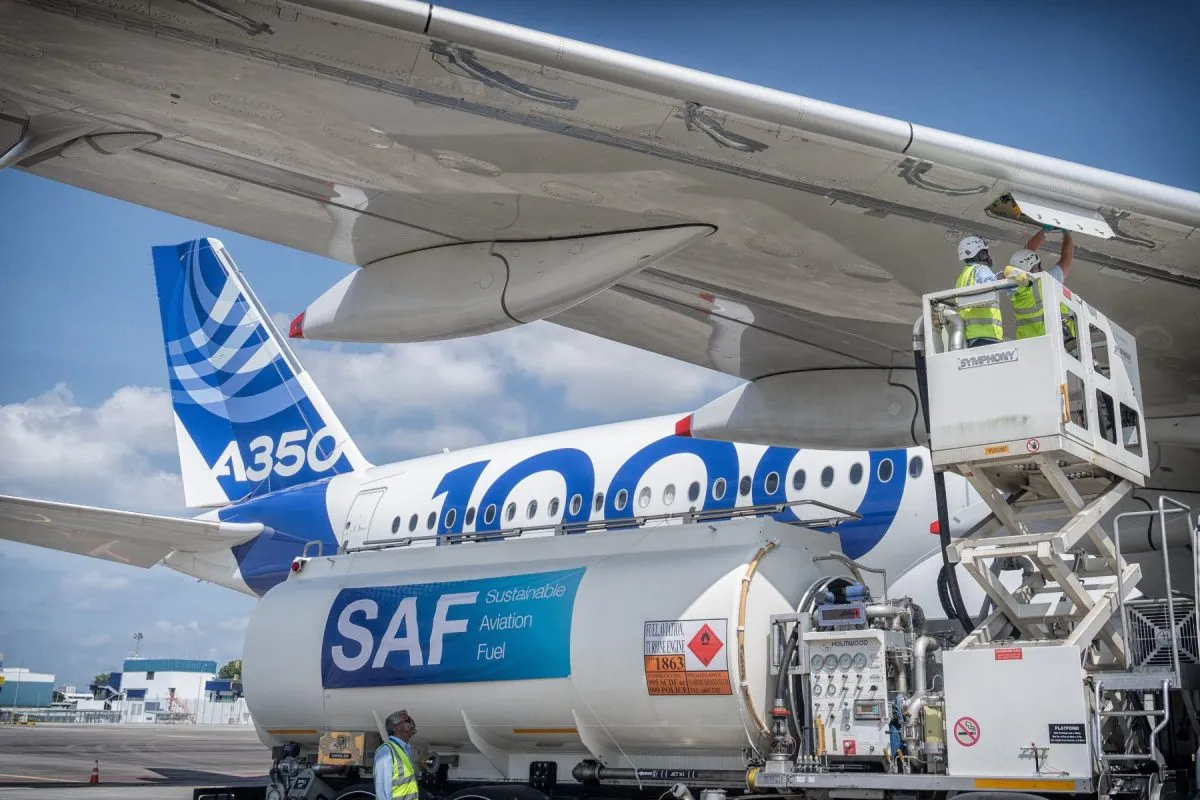Airbnb Reports $1 Billion-Plus in Third Quarter Revenue as IPO Talk Heats Up

Skift Take
Just days after a Morgan Stanley Research report suggested Airbnb's growth in its most mature markets — the U.S. and some regions in Europe — was slowing, and in the lead up to a possible and highly anticipated initial public offering (IPO) in mid-2019, Airbnb released a public memo detailing its revenues for the third quarter.
In the memo (see below), the San Francisco-based, privately held company described the most recent third quarter as "the strongest quarter in Airbnb history" and the "first quarter in which Airbnb recognized substantially more than $1 billion in revenue."
Historically, Airbnb, whose last round of funding in 2017 valued the company at more than $31 billion, has been tightlipped about its financials. Friday's memo was a departure from that strategy — perhaps a response to news reports from earlier that week about slowing growth, as well as a sign that the company may be preparing itself for that eventual IPO.
In the memo, Airbnb also detailed growth numbers, touting rising guest arrivals for the third quarter in Beijing (91 percent); Mexico City (79 percent), Birmingham, England (70 percent); and Johannesburg (67 percent). The company didn't divulge exact numbers, however, to quantify that growth. The company also reported that to date it has had more than 400 million guest arrivals since Airbnb's founding in 2008.
A source close to Airbnb told CNBC that the company is on track to be profitable for the second year in a row. Last year, Airbnb reported it made $100 million profit on $2.6 billion in revenue.
The company has been without a chief financial officer since February, when former CFO Laurence Tosi departed, reportedly after a disagreement with CEO Brian Chesky on when to take the company public. Tosi wanted the company to go public sooner than later, while Chesky has maintained that Airbnb remain on its own "infinite time horizon" without hurrying to go public.
As Skift reported previously, the road to an IPO for Airbnb is not without its challenges, ranging from addressing slowing growth, accelerating more growth in emerging markets in regions such as China, and maintaining good relationships with its global host community.
Another major challenge for Airbnb? Increasing competition from the online travel agencies, such as Expedia and Booking Holdings, who are heavily investing in their respective private accommodations offerings. Most recently, tech investor Bill Gurley told Skift he believes Airbnb is suffering because the company remains privately held.
"All these entrepreneurs love to tell you how wonderful it is to be private and that they have advantages," Gurley said. "Chesky's getting hurt right now because he's private. And Morgan Stanley's brought this report out and said we think the world is like this. And [Booking Holdings CEO Glenn] Fogel has the microphone because he's in public and he can probably state it, and you're sitting over there private not sharing anything and you're taking the brunt of these blows."
In the memo released Friday, Airbnb did not divulge any updates on how many Airbnb Plus, or verified homes, have been added to its inventory, nor how many home listings are now Instant Book, or how many hotel listings are now on the platform. Growing its number of listings, however, is a major objective for the company as it contends with growing competition from Booking and Expedia.
As an IPO looms more closely, no doubt major technology and travel investors such as Gurley will be paying very close attention to what numbers, if any, the company divulges about its financial health an inventory growth.




